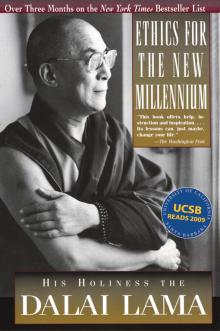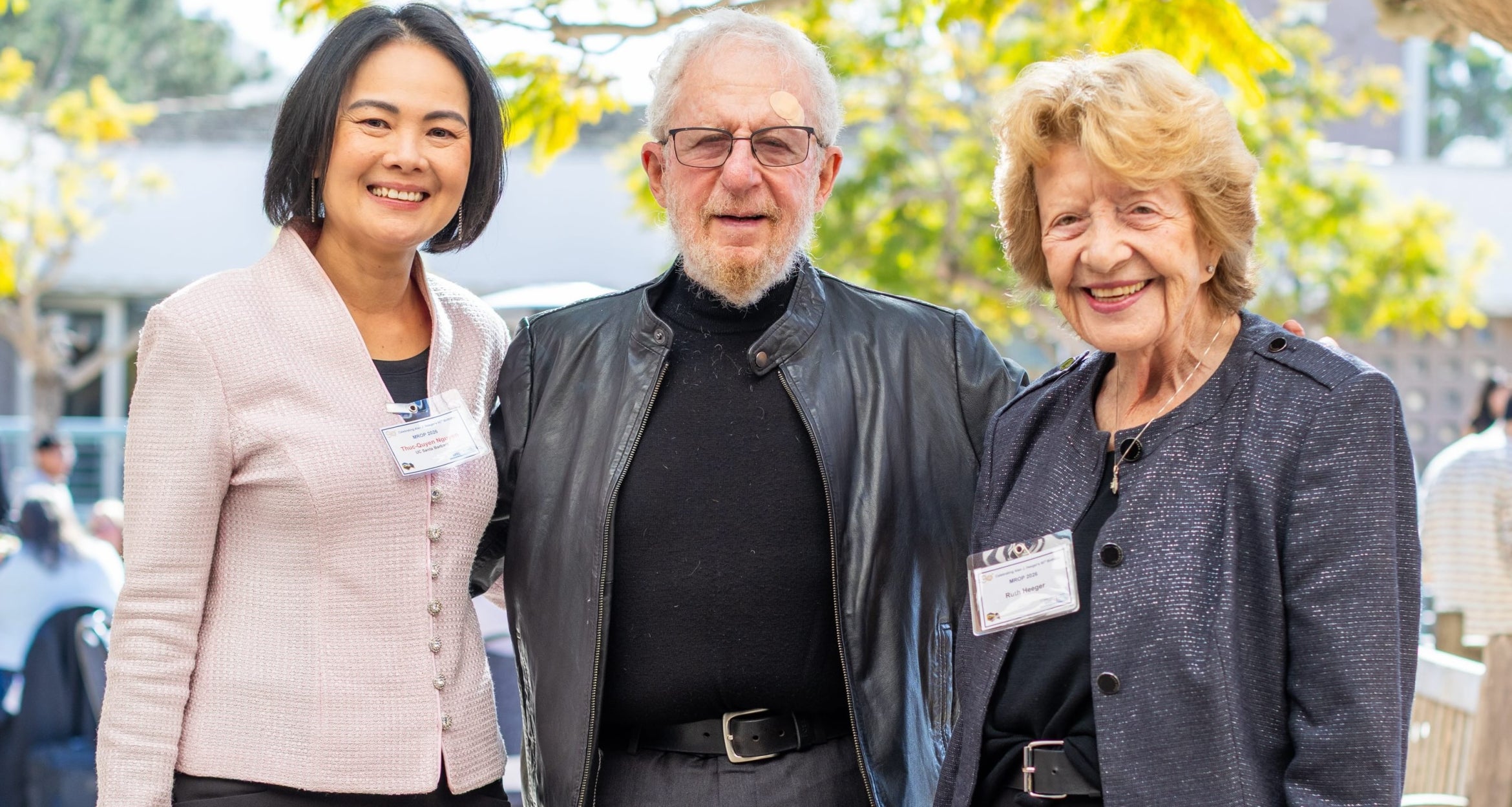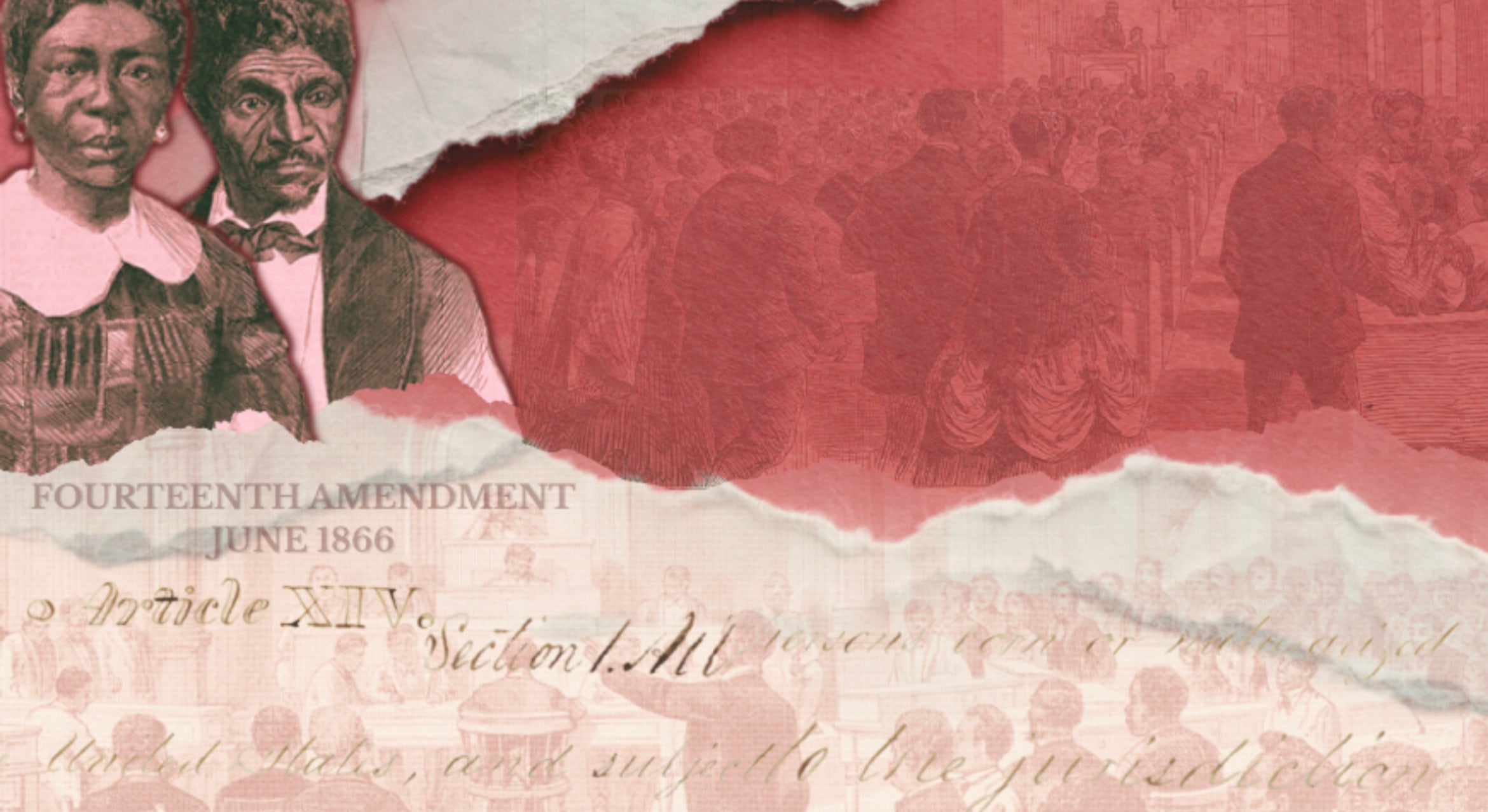
The UC Santa Barbara Library has chosen "Ethics for the New Millennium" by His Holiness the 14th Dalai Lama as this year's book selection for the UCSB Reads program.
In his book, the revered spiritual leader and best-selling author presents a moral framework based on universal, rather than religious, principles.
UCSB Reads engages the campus and the Santa Barbara community in conversations about a key topic while reading the same book.
Beginning at 8 a.m. on Jan. 21, the UCSB Library will give 2,500 free copies of the Dalai Lama's book to registered UCSB students.
In addition, the UCSB Bookstore will sell the book at a 20 percent discount.
The Antioch University Library, the Luria Library at Santa Barbara City College, the Westmont College Library, and local high schools are partners in the program.
The book is also a Santa Barbara Public Library System "Read" selection for this winter.
Extra copies will be available for loan throughout Santa Barbara County.
On April 24, the Dalai Lama will make his fourth visit to UCSB and present two lectures on "The Nature of Mind" and "Ethics for Our Time."
At this time, public tickets for both events are sold out.
However, student tickets will be available until Feb. 13.
"The library, in conjunction with UCSB's Executive Vice Chancellor's Office and the Santa Barbara Public Library System, is pleased to lead the third ‘UCSB Reads' program illuminating important issues and human challenges," said Brenda Johnson, university librarian.
"We are especially excited that this year's author is His Holiness the Dalai Lama, a person who teaches and exemplifies ethical behavior for our world."
Free campus and community lectures and discussions about the book will begin in February at UCSB's Davidson Library and continue throughout the month in public libraries.
UCSB programming will also include coursework and films, beginning with the documentary, "Creating Buddhas," on Jan. 28, at 5 p.m., in the campus's Life Sciences Building, Rm. 1001.
The Dalai Lama believes that as a result of the growing secularization and globalization of society, we must find a way that transcends religion to determine what constitutes positive and negative conduct.
Although he is a practicing Buddhist, his approach to life and the moral compass that guides him can be of use to everyone, according to the book.
The Dalai Lama, Tenzin Gyatso, is both the head of state and the spiritual leader of Tibet.
In 1935, he was born into a farming family in northeastern Tibet.
When he was 2 years old, he was recognized as the reincarnation of the 13th Dalai Lama, Thubten Gyatso.
The Dalai Lamas are believed to be manifestations of Avalokiteshvara or Chenrezig, the Bodhisattva of Compassion and patron saint of Tibet.
Bodhisattvas are enlightened beings who choose to take rebirth in the world in order to serve humanity.
The Dalai Lama has lived outside of Tibet, in Dharamsala, India, since he and thousands of Tibetans fled a Chinese military invasion of their homeland 40 years ago.
In 1989, he was awarded the Nobel Peace Prize for his nonviolent struggle for the liberation of Tibet.
In 2001, with philanthropic support UCSB established the XIVth Dalai Lama Professorship in Tibetan Buddhism and Cultural Studies in the Department of Religious Studies.
For a complete list of upcoming UCSB Reads activities, visit: ucsbreads.library.ucsb.edu/events.html.
Additional programming is available at: www.religion.ucsb.edu/dalailama/additionalprogramming.html.
Related Links



